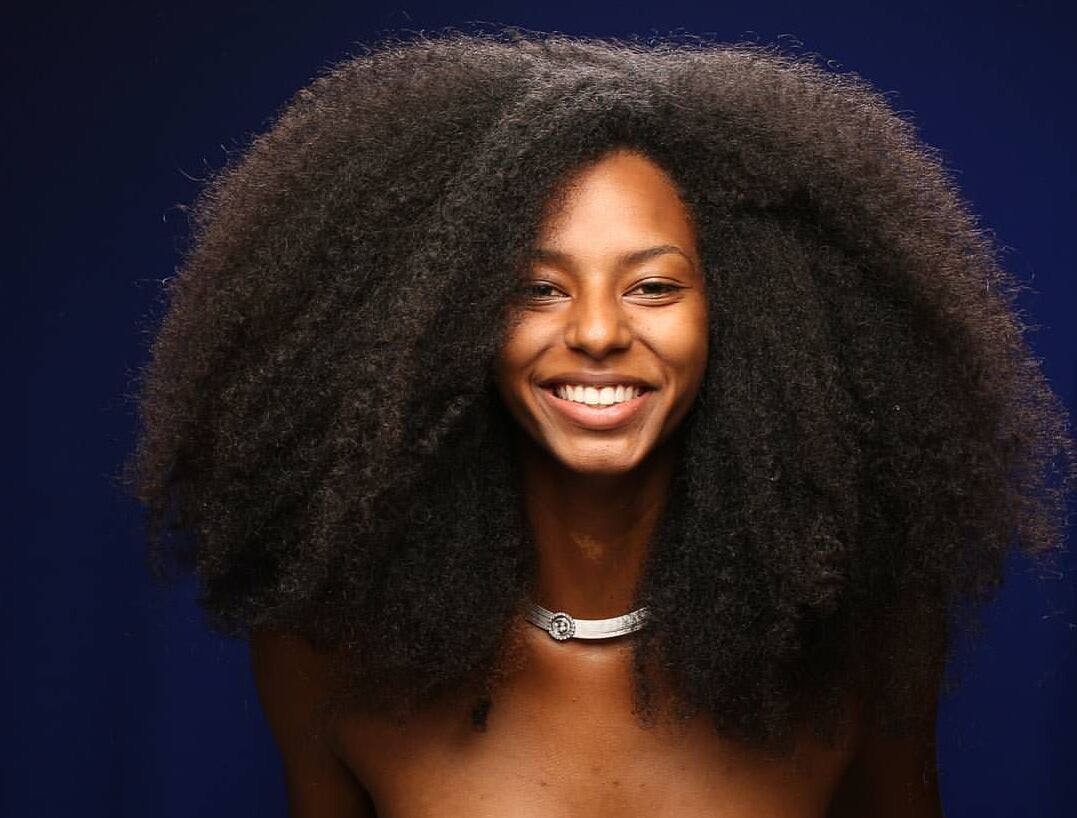Hair growth is influenced by a combination of genetics, health, and lifestyle factors. If you’re interested in promoting hair growth, here are some things you should know:
What you should know about hair growth
Did you know that; on average, hair tends to grow 0.5 to 1.7 cm per month. This equates to about 0.2-0.7 inches.
This estimate comes from the Trichological Society. However, there are many different factors that affect the speed of hair growth.
Men, for example, may find that their hair grows faster than women. Genetics, age, health and pregnancy are other factors that influence the rate of hair growth.
Bone marrow, which is the soft substance inside bones, is the only part of the body that grows faster than hair.
The lips, palms, and soles of the feet are the only parts of the body where hair does not grow. The main purpose of hair is to protect the body and keep it warm.
Read on to learn more about how hair grows and the various factors that affect how fast it grows.
Stages of hair growth

A person has roughly 100,000 hair follicles on their scalp.
People are born with around 5 million hair follicles. These are little pockets in the skin that hair grows out of.
Around 100,000 of these follicles are on the scalp. People with oval shaped follicles have very curly hair, while those with round follicles have straight hair.
The stages of hair growth are as follows:
- Each follicle contains a hair root, which is made of cells of protein.
- As blood circulates around the body, it delivers oxygen and nutrients to the protein cells, which they need to multiply.
- As the protein cells multiply, they build hair, which pushes up through the skin.
- As the hair grows out of the skin, it passes an oil gland. This lubricates the hair with the oil it needs to stay soft and shiny.
- By the time the hair is long enough to come through the skin, it is dead. As a new hair grows underneath, it pushes the dead hair out of the skin. The hair then falls out or is shed.
Factors that influence hair growth
Everyone’s hair is different, and lots of factors can influence how quickly it grows.
These include:
- Genetics : A person’s genes will dictate how quickly their hair will grow.
- Sex : Male hair grows faster than female hair.
- Age : Hair grows fastest between the ages of 15 and 30, before slowing down. Some follicles stop working altogether as people get older. This is why some people get thinner hair or go bald.
- Nutrition : Good nutrition is essential for the growth and maintenance of healthy hair.
Specific foods that can promote healthy hair include:
- Fish: Fish contains essential omega-3 fatty acids, protein, vitamin B-12, and iron, all of which prevent a dry scalp and stop hair from looking dull in color.
- Dark green vegetables: These contain high levels of vitamin A and C, which help keep hair in good condition.
- Legumes: These are full of protein, which promotes hair growth and helps prevent weak and brittle hair.
- Biotin: A biotin deficiency can lead to brittle hair or hair loss. Whole grains, liver, egg yolk, soy flour, and yeast all contain biotin.
- Nuts : These are a good source of selenium, which is important for a healthy scalp. Some nuts also contain alpha-linoleic acid and zinc. These help condition the hair and prevent shedding.
- Low fat dairy products: These are good sources of calcium, which is another key component in hair growth.
Factors that slow hair growth
Factors that can slow the rate of hair growth include:
- crash diets
- eating disorders, such as anorexia or bulimia
- stress
- smoking
- vitamin deficiencies
Summary
Everyone’s hair grows at different rates. Many factors — including genetics, sex, and age — can influence the speed of hair growth.
Hair grows out of follicles, which are small pockets inside the skin. Each follicle contains a hair root, which is made of protein cells. As the blood vessels feed the roots with oxygen and nutrients, they multiply and grow into hair.
There is little evidence to suggest that specialist shampoo or supplements can speed the rate of hair growth. Instead, eating a nutritious diet that includes plenty of protein is essential for healthy hair.
Credit: MEDICAL NEWS TODAY
Photo Credit Justylin

